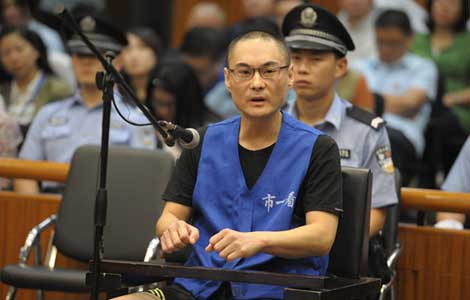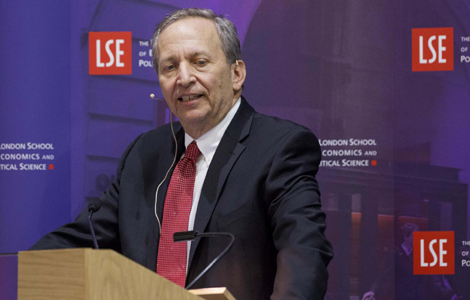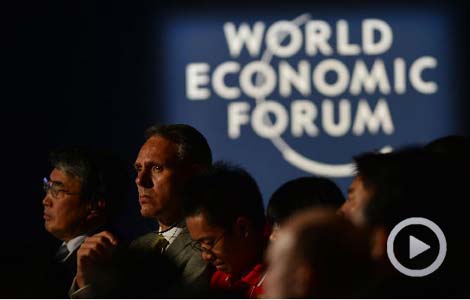Korean denuclearization in interest China, US
Updated: 2013-09-16 20:24
(Xinhua)
|
||||||||
BEIJING - It serves the interests of both China and the United States to push for denuclearization of the Korean Peninsula and preserve its peace and stability, Foreign Ministry spokesman Hong Lei said on Monday.
He made the comment at a daily news briefing when asked about the recent visit to China by Daniel Russel, the U.S. assistant secretary of state for East Asian and Pacific Affairs.
"We hope all the parties can make joint efforts to strive for an early resumption of the six-party talks," Hong said.
Both sides agreed to keep in contact and coordinate on relevant issues, he added.
During Russel's visit to China from September 13 to 14, he also met Chinese Foreign Minister Wang Yi, Vice Foreign Ministers Zhang Yesui and Liu Zhenmin, and Assistant Foreign Minister Zheng Zeguang.
Both sides exchanged views on further implementation of the consensus between the two heads of state, promoting a new type of relationship between major powers, as well as strengthening cooperation at the bilateral level and major international and regional issues, Hong said.
He confirmed that China will hold a workshop in the coming days around the 10th anniversary of the six-party talks and the eighth anniversary of the Joint Statement of September 19, 2005.
The workshop, organized by the China Institute of International Studies, will be attended by experts from countries involved in the six-party talks, the spokesman said, without specifying the date of the gathering.
According to Hong, this workshop is aimed at reviewing the course of the six-party talks, looking into the future, evoking the spirits of the Joint Statement and providing a platform for all the parties to increase communication.
The workshop will center around denuclearization of the Korean Peninsula, its peace and stability and reviving the six-party talks, he said, expressing hope that it will yield positive results.
The six-party talks, which group China, Russia, the United States, the Democratic People's Republic of Korea (DPRK), the Republic of Korea (ROK) and Japan, have been stalled since late 2008.
The Joint Statement adopted at the end of the fourth round of six-party talks on September 19, 2005, in Beijing was viewed as the most substantial one produced by the multilateral talks, which opened in August 2003.
In the statement, the DPRK pledged to abandon all its nuclear weapons and existing nuclear programs while the United States affirmed that it has no nuclear weapons on the Korean Peninsula and has no intention of attacking or invading the DPRK with nuclear or conventional weapons.
The DPRK also stated that it has the right to peaceful uses of nuclear energy. The other parties expressed their respect and agreed to this.

 Thirteen dead in US Navy Yard shooting
Thirteen dead in US Navy Yard shooting
 Exporters to face more trade friction
Exporters to face more trade friction
 Toddler-death defendant says he meant no harm
Toddler-death defendant says he meant no harm
 Watchdog bites with no favor
Watchdog bites with no favor
 Miss New York crowned 2014 Miss America
Miss New York crowned 2014 Miss America
 Summers withdraws from Fed chair contest
Summers withdraws from Fed chair contest
 Scientists make land arable again
Scientists make land arable again
 Stranded cruise guests flown home
Stranded cruise guests flown home
Most Viewed
Editor's Picks

|

|

|

|

|

|
Today's Top News
Exporters to face more trade friction
Thirteen dead in US Navy Yard shooting
Minimum growth rate set at 7 percent
China urges the Philippines to stop provocations
College asks freshmen to sign suicide disclaimer
Xi seeks to resume FTA talks
UN confirms nerve gas used in Syria
Tibet gears up for new climbing season
US Weekly

|

|







